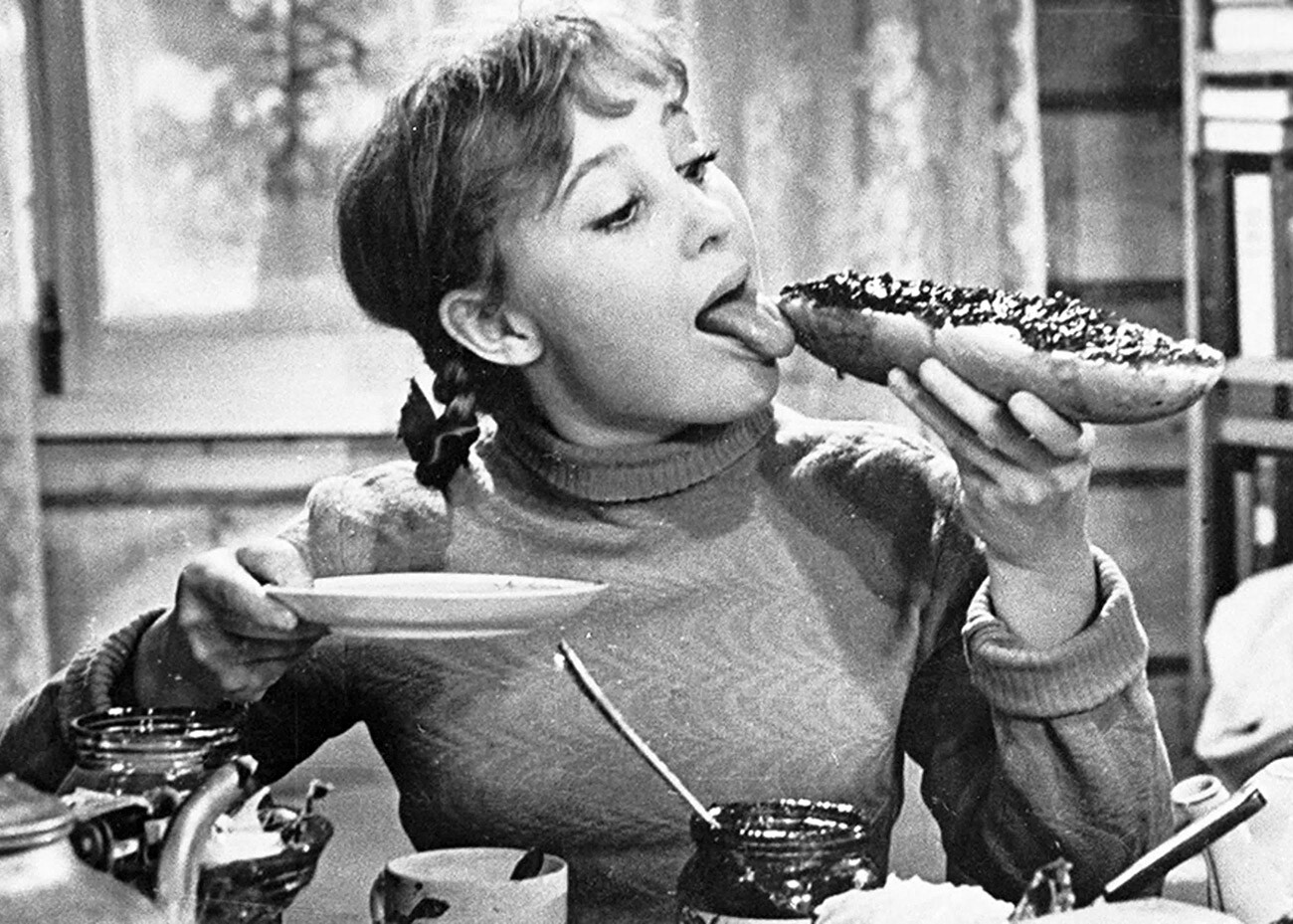
The main character is Tosya, a naive, young girl, who works as a cook at a socialist construction site, where many young guys are building houses and a new life with their own hands. Tosya lives in a dormitory with other, very different women. And the viewer watches how she grows up, how she studies, works and experiences betrayal and first love.
Soviet cinema officials thought that this Yuri Chulyukin movie was too trivial for the Soviet big screen, but the audience loved it and it became a box-office success. Many phrases from the movie became popular quotes, such as: “It’s better to be alone, I can eat whatever I want be it halvah or gingerbread.”
Watch the movie here!
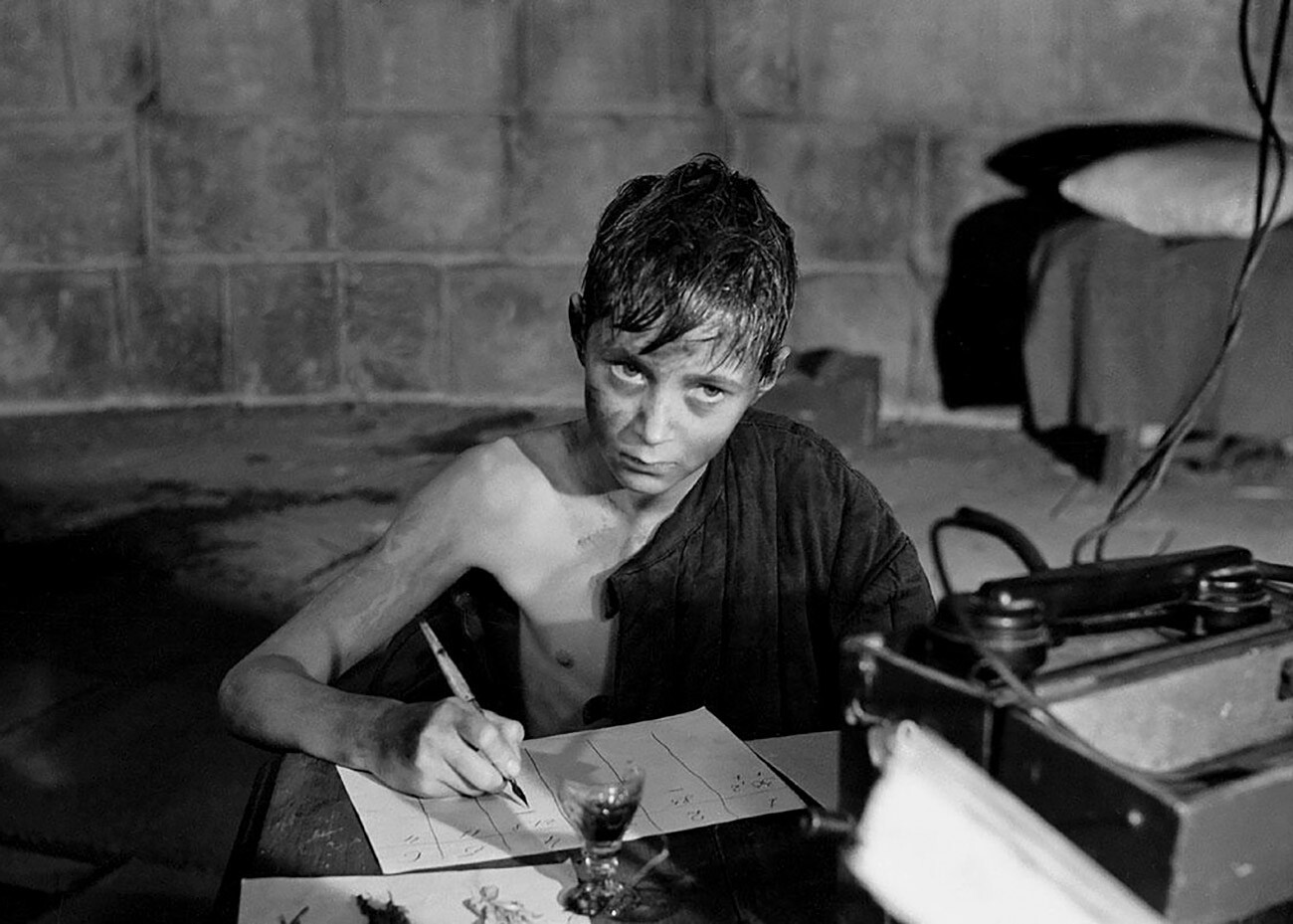
Teenager Ivan grew up before his time and war is to blame. His mother was killed and, now, he dreams of revenge. The boy volunteers to help the army and completes the most difficult and dangerous tasks of reconnaissance. At the same time, in his dreams, he is carried away again to his carefree childhood.
The deep psychological drama strikes with expressive black-and-white camera shots. The war is shown in dark tones, while the childhood radiates with light. Thirty-year-old Tarkovsky’s debut movie was a sensation, winning the Golden Lion at the Venice Film Festival.
Watch the movie here!
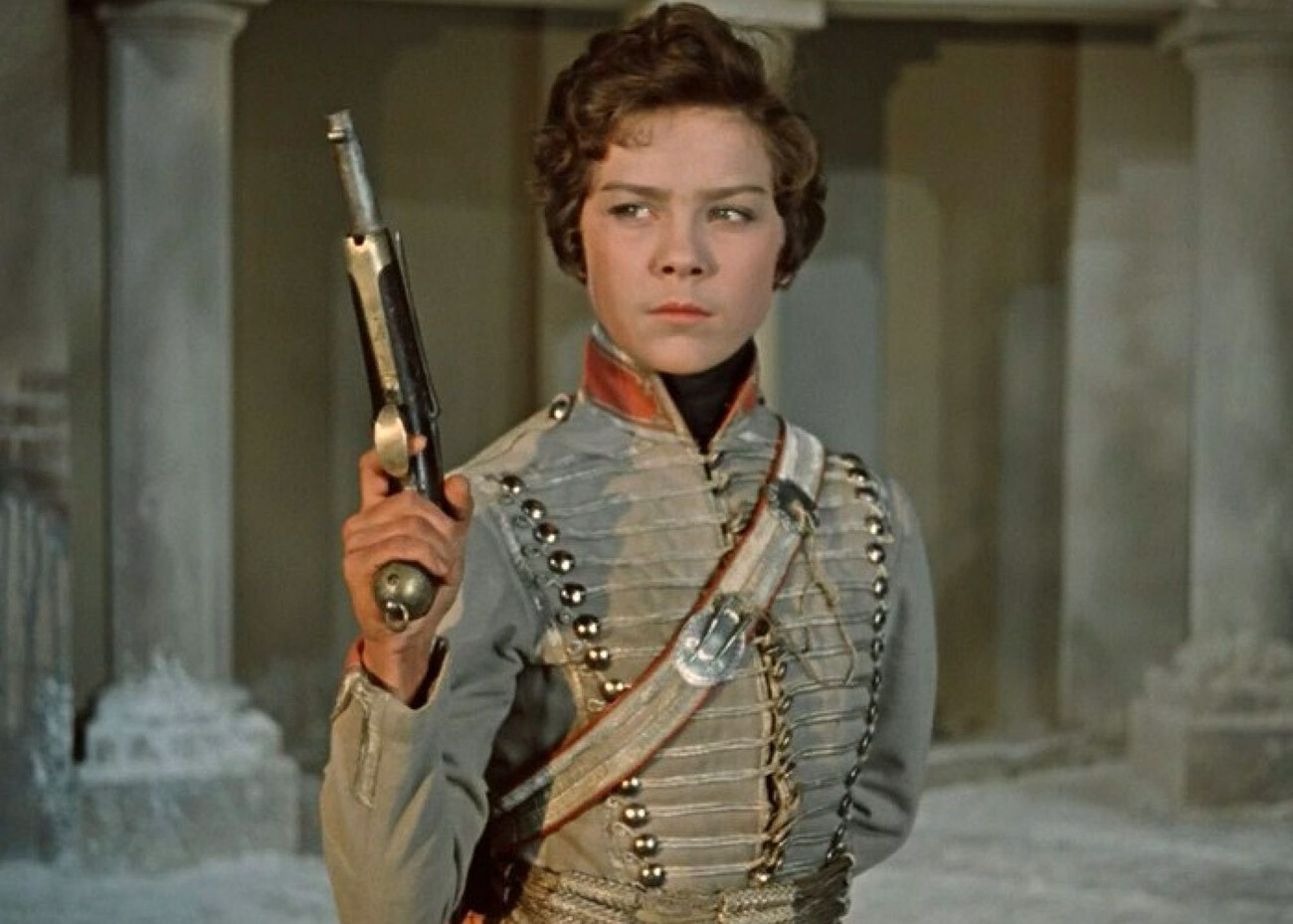
A 17-year-old noble girl named Shura was brought up by her military father and his servant, so she can ride a horse, shoot and fence.
When the Napoleon war starts, she decides to disguise herself as a hussar and go to defend her homeland. She even shows true courage. Ironically, in her regiment, she comes across an officer with whom she was supposed to get married.
One of Eldar Ryazanov’s early comedies was filmed for the 150th anniversary of the Battle of Borodino in 1812. However, it might not have been released on the big screen. Culture Minister Yekaterina Furtseva decided that the comedy was too ironic and frivolous and the image of the commander Kutuzov too caricatured, which was considered inappropriate for the anniversary celebrations. But, the situation was saved by Soviet journalists and movie critics: after watching the ‘Hussar Ballad’, they wrote raving reviews.
Watch the movie here!
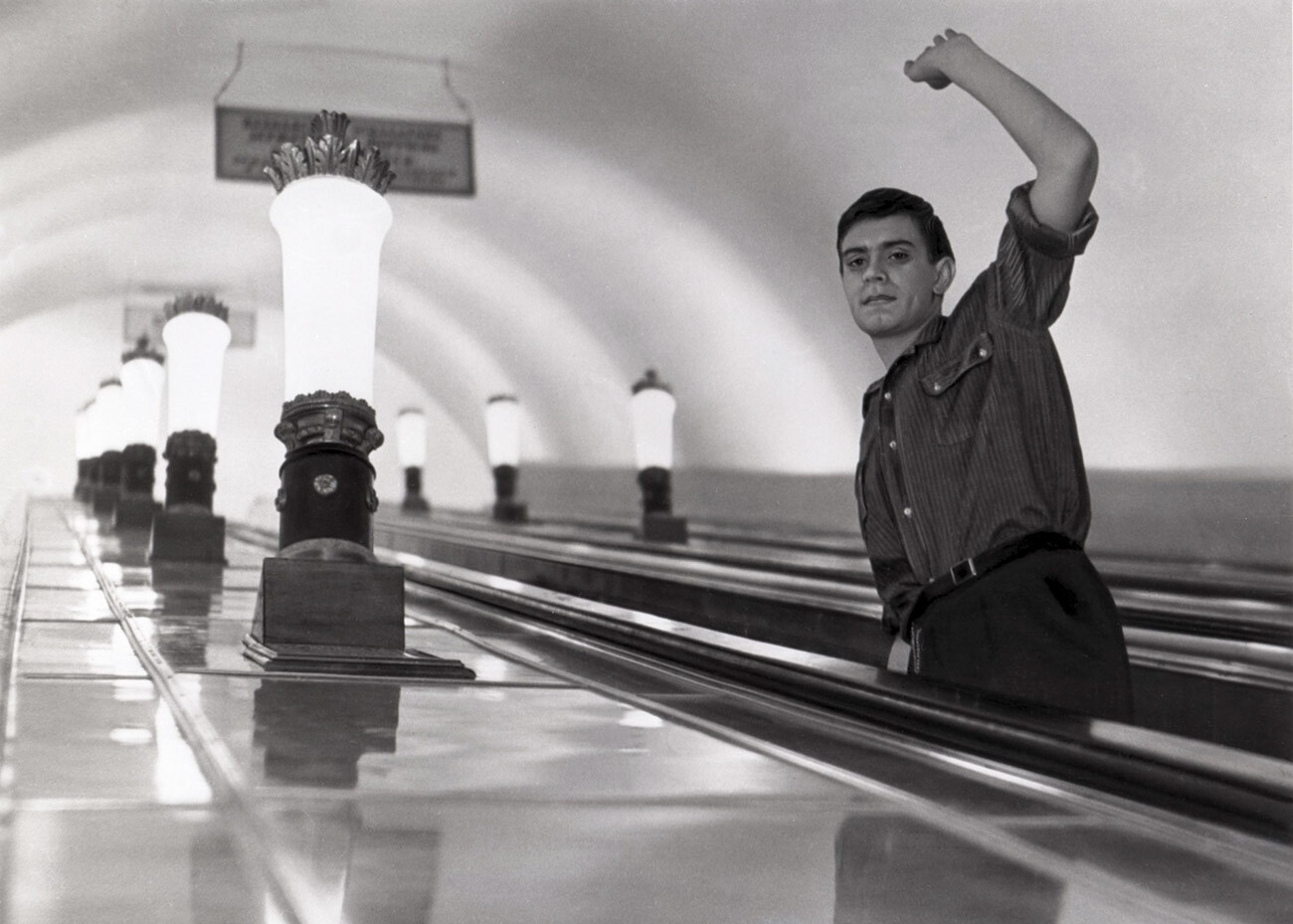
A real hero of his time, a young metro builder named Kolka (the first star role of a very young Nikita Mikhalkov!), helps a stranger who has just arrived in Moscow from Siberia. Together, they spend the whole day helping people and exploring the city.
This movie is a director’s declaration of love for the capital. It is filled with an atmosphere of thaw and hope. Though critics scolded director Georgy Daneliya for his too cheerful tone and the protagonists’ lack of serious difficulties. The song ‘I’m Walking Around Moscow’ became the unofficial anthem of the capital.
Watch the movie here!
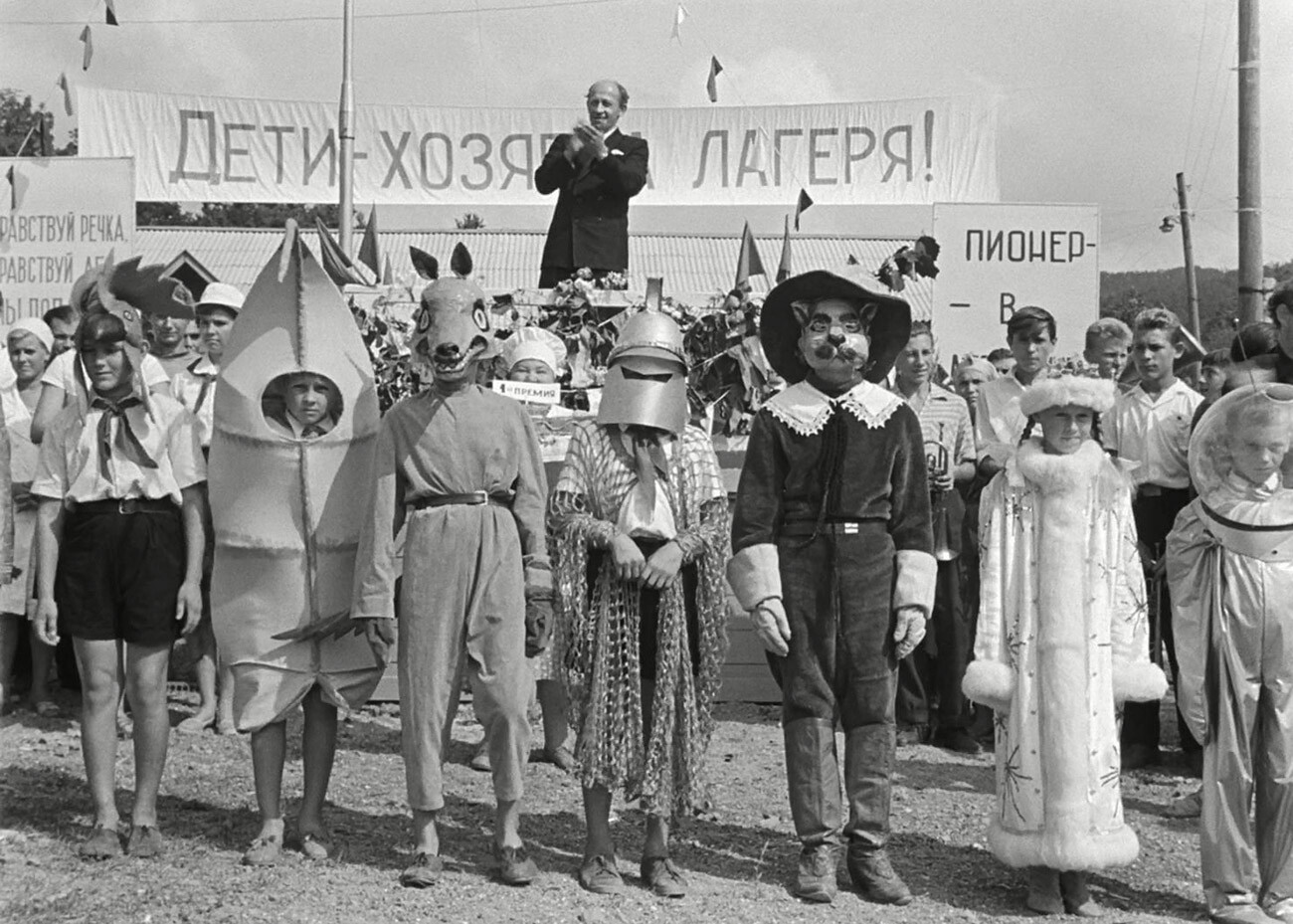
Summer, a Soviet pioneer camp. The harsh director Dynin [literally translated as Melon] strictly follows all the rules (even absurd ones) and expels the pioneer Kostya for misbehavior. The boy does not leave the camp, but secretly lives under the bleachers, where his friends visit him. At this time the whole camp is preparing for a concert on the occasion of Parents' Day...
Elem Klimov's comedy faced serious censorship, due to excessive satire (the movie even ridiculed corn, which Nikita Khrushchev especially liked). But, Khrushchev liked the movie very much and personally allowed it to be distributed. Today, it is one of the favorite movies of everyone who grew up in the USSR and one of the funniest comedies about pioneer camps.
Watch the movie here!
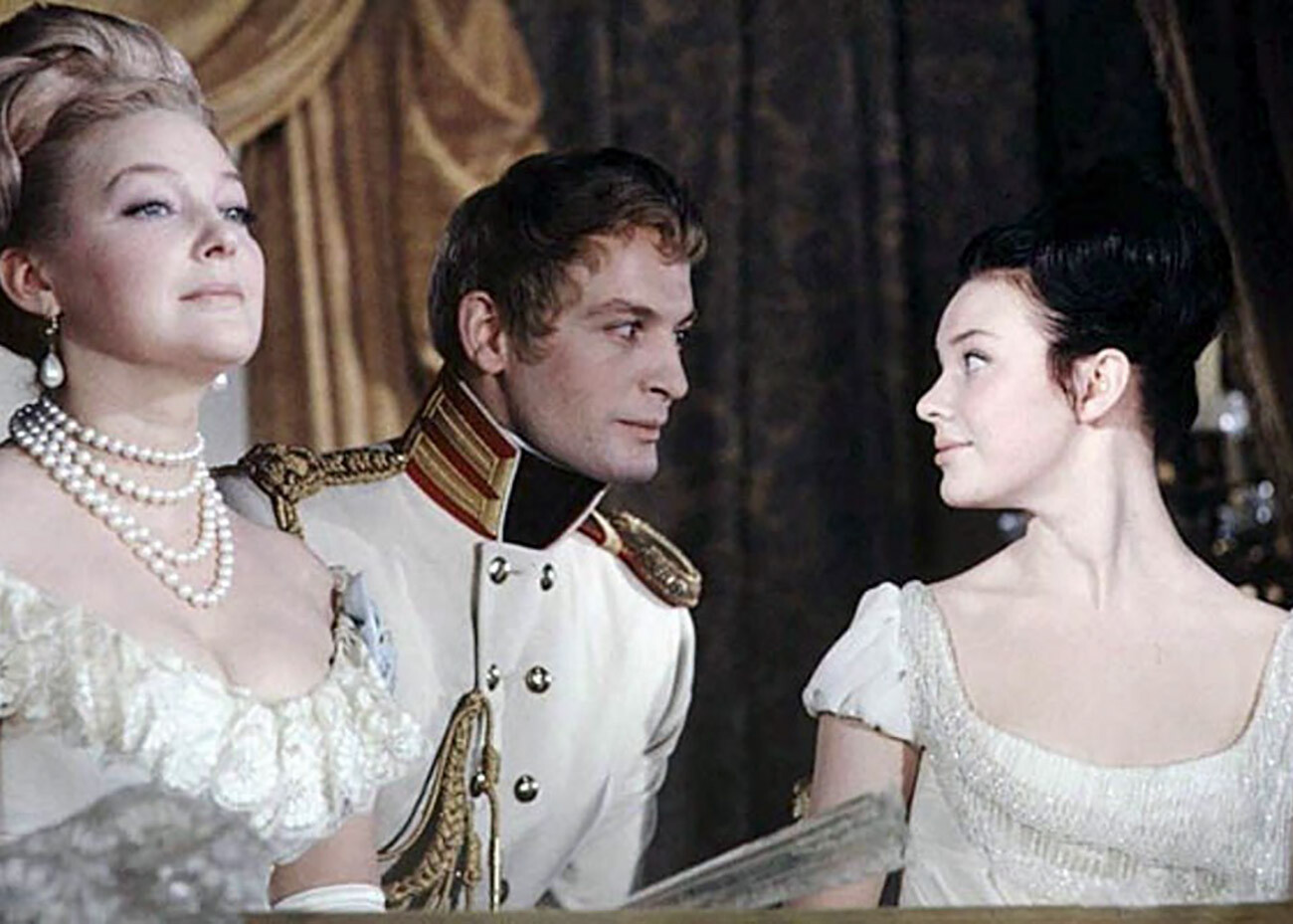
Early 19th century, Napoleonic France started a war with Russia. Large-scale and tragic events are shown through the prism of the several noble families’ lives. This is one of the best screen adaptations of Leo Tolstoy’s epic novel and it shows great battle scenes and is attentive to the details and depiction of balls and peaceful life.
The three-part, almost seven-hour-long movie was as impressive as its literary basis. It turned out to be an epic movie with a great cast, which won an Oscar and a Golden Globe as the best foreign-language film. Director Sergei Bondarchuk himself played the role of Pierre Bezukhov.
Watch the movie here!
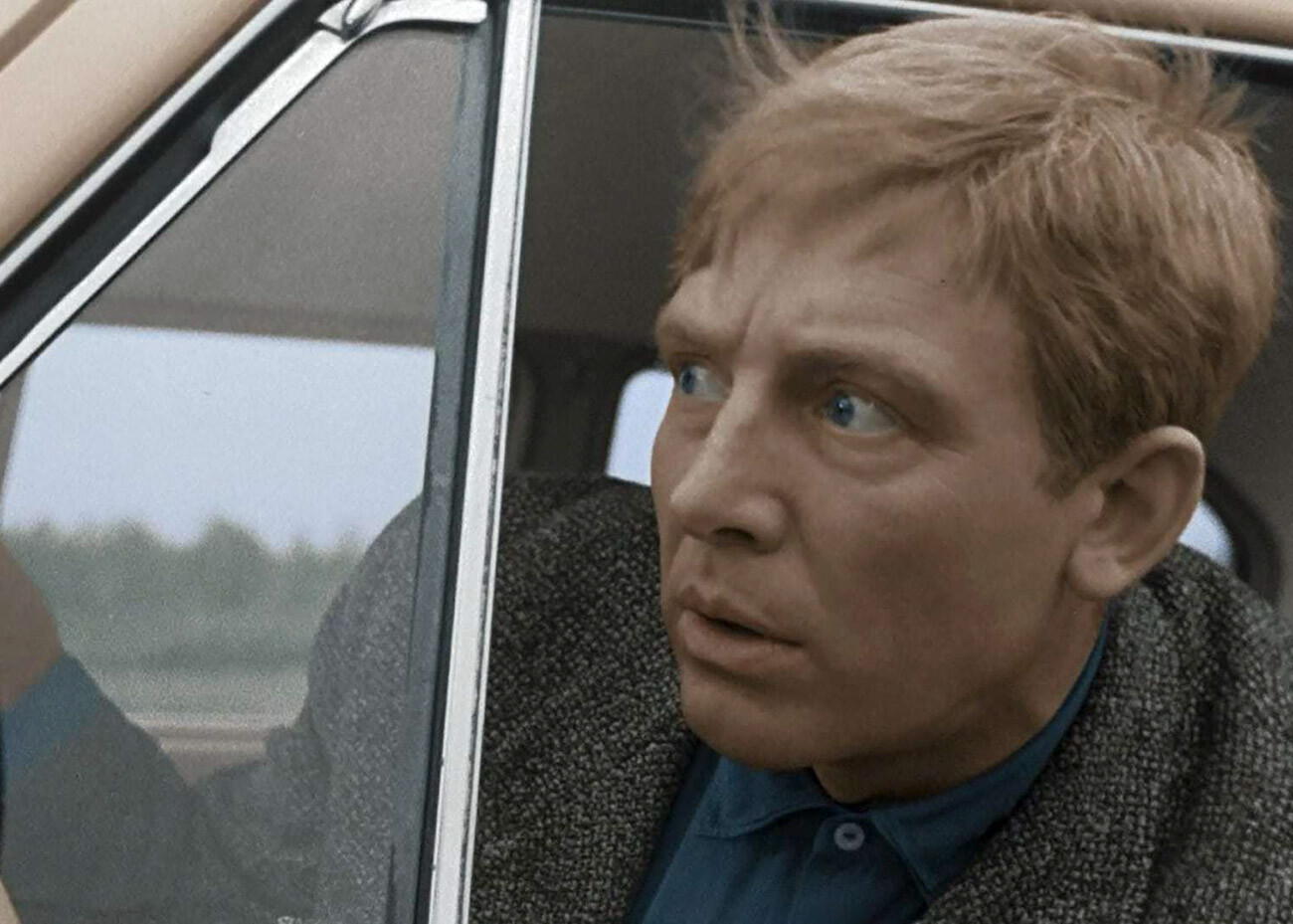
The main protagonist is a man named Yuri Detochkin, who is a kind of Soviet “Robin Hood” with a sharpened sense of fairness. He tries his best to restore justice. For example, he steals cars from rich bribe-takers and sells them, giving the proceeds to orphanages. Meanwhile, a policeman, who understands and sympathizes with the criminal, takes over the investigation.
The screenplay of Eldar Ryazanov’s tragicomedy raised doubts among movie officials, who feared that viewers would follow the hero’s example and start stealing cars en masse. So, Ryazanov and playwright Emil Braginsky revised the script and published it in the literary magazine ‘Molodaya Guardia’ (‘Young Guard’). Positive reviews had the desired impact and the movie got the green light to be made.
Watch the movie here!
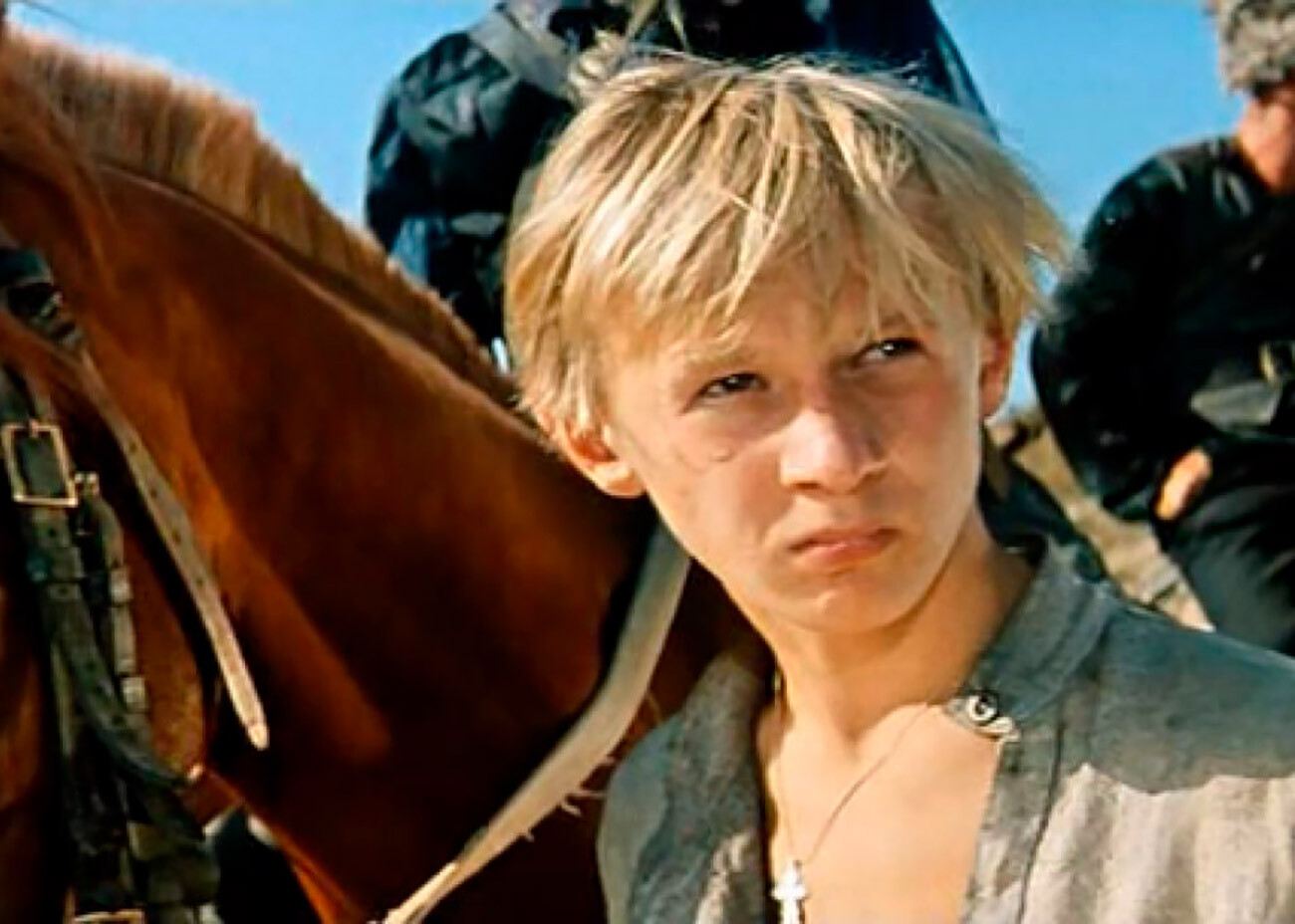
The main characters are teenagers: orphaned sailor’s children, a former gymnasium student and a gypsy. Russia is taken by the Civil War chaos and lawlessness reigns. The children do justice by themselves as they see it. They catch and punish criminals, stand up for the weak.
In 1967, when the movie came out, the Revolution’s 50th anniversary was celebrated. So the film was unequivocally complementary to the Red Army. By popular demand, director Edmond Keosayan made two sequels about young avengers: ‘The New Adventures of the Elusive Avengers’ (1968) and ‘The Crown of the Russian Empire, or Once Again the Elusive Avengers’ (1971).
Watch the movie here!
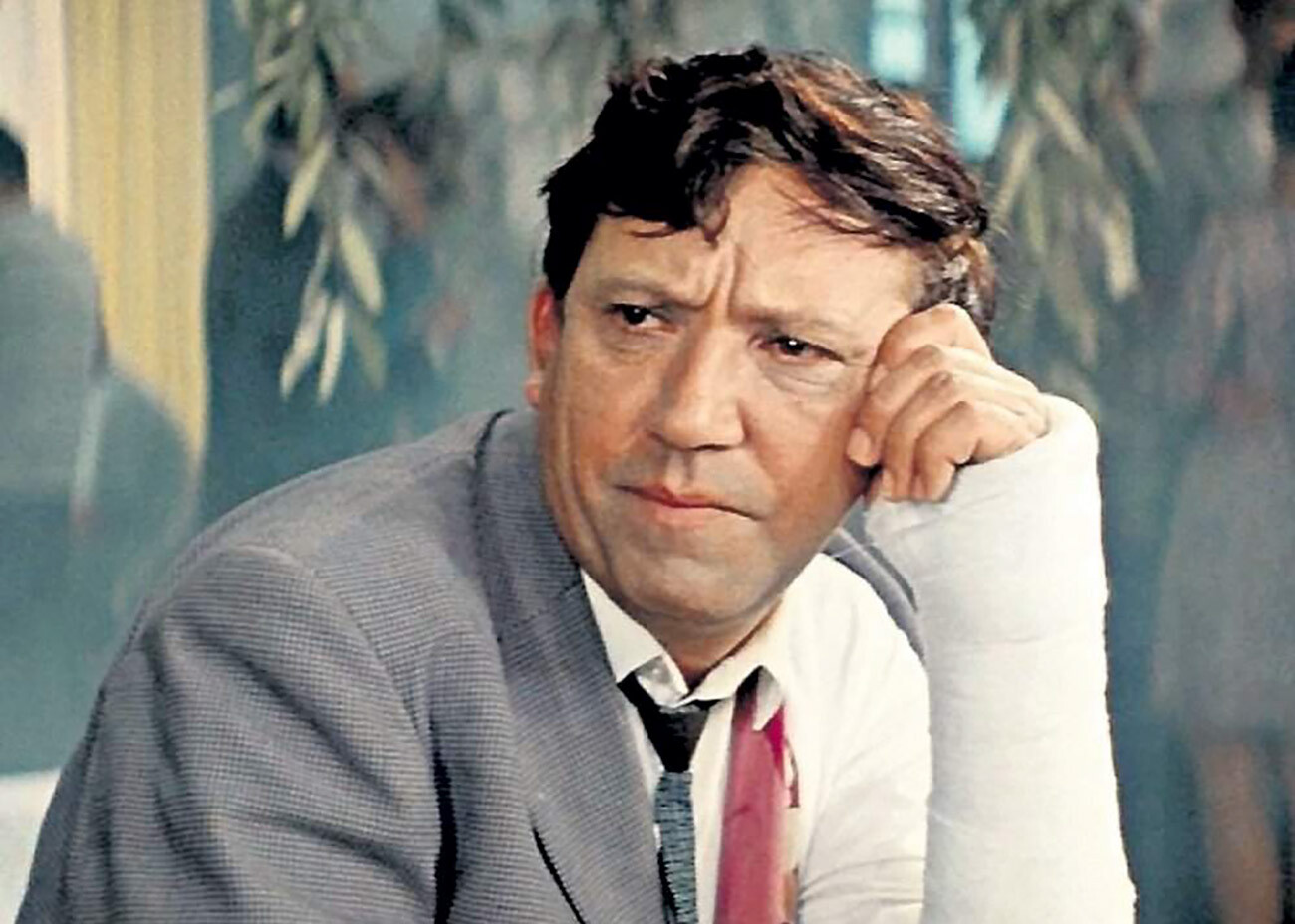
Smugglers stitch stolen jewels into the cast of a courier, in order to smuggle them into the USSR. However, they accidentally make a diamond cast for the wrong person, an honest Soviet tourist named Semyon Gorbunkov (the role was specially written for Yuri Nikulin). As a result, the Soviet police ask for his help in catching the bandits who are now chasing him.
This movie is one of Leonid Gaidai’s most famous and successful comedies. In the entire history of Soviet cinema, this one has been among the top three at the box office. In the year of its release, 76.7 million people went to see it. Many of the movie’s lines became popular quotes and the soundtrack song titled ‘Island of Bad Luck’, performed by the charming smuggler (Andrei Mironov), became a big hit.
Watch the movie here!
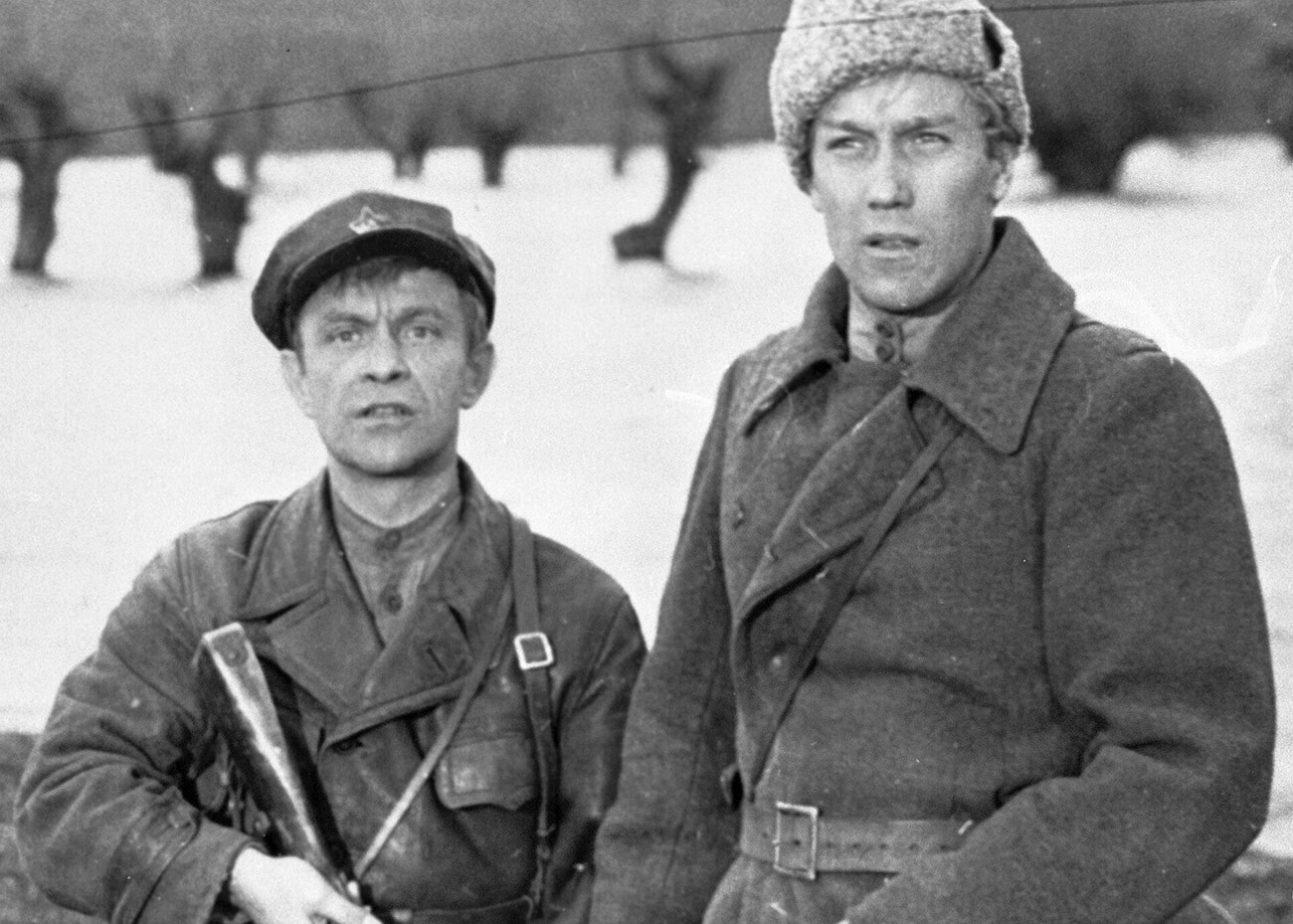
The monarchist White army is blockaded in Crimea during the Civil War and the Red Army prepares to attack. Two red soldiers escape captivity, but, right after that, they are captured by their own people, who do not believe them. But they are miraculously saved from being shot. The Red Army then advances on Crimea and the Whites are forced to flee by sea on the last steamers…
Yevgeny Karelov’s movie shows true friendship, loyalty and courage. And although the portrayal of White Guard lieutenant Brusentsov (played by Vladimir Vysotsky) was negative, the audience sympathized with him, especially in the powerful final scene. Most of the scenes with him were actually cut from the final version, so powerful was his acting and much stronger than that of the Red Army soldiers who should have been in the spotlight.
Watch the movie here!
Dear readers,
Our website and social media accounts are under threat of being restricted or banned, due to the current circumstances. So, to keep up with our latest content, simply do the following:
If using any of Russia Beyond's content, partly or in full, always provide an active hyperlink to the original material.
Subscribe
to our newsletter!
Get the week's best stories straight to your inbox